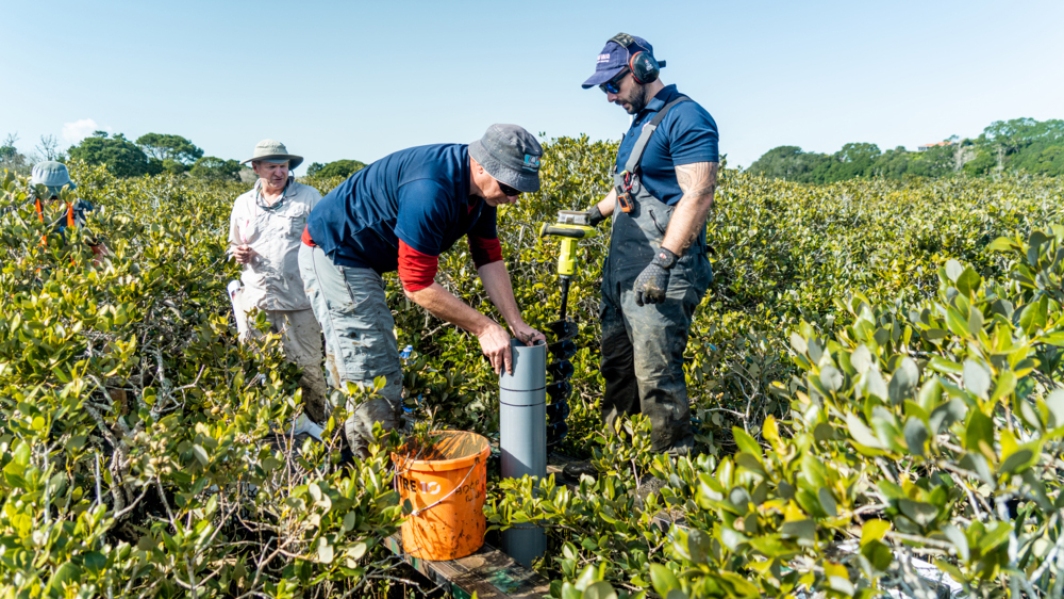-
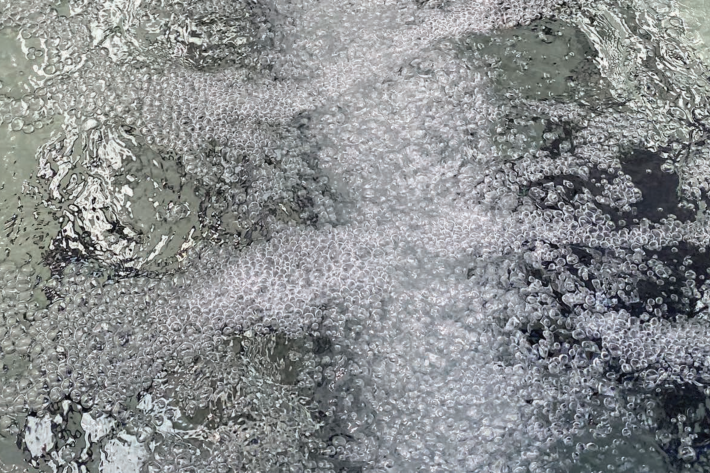
The Bio-Acoustic Fish Fence
Research ProjectInvestigating the effectiveness of an acoustic bubble-screen in minimising the movement of pest fish -
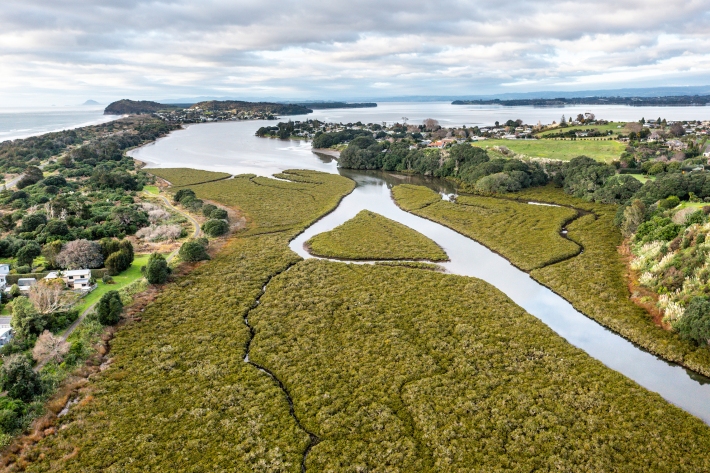
Future Coasts Aotearoa
Transforming coastal lowland systems threatened by sea-level rise into prosperous communities -
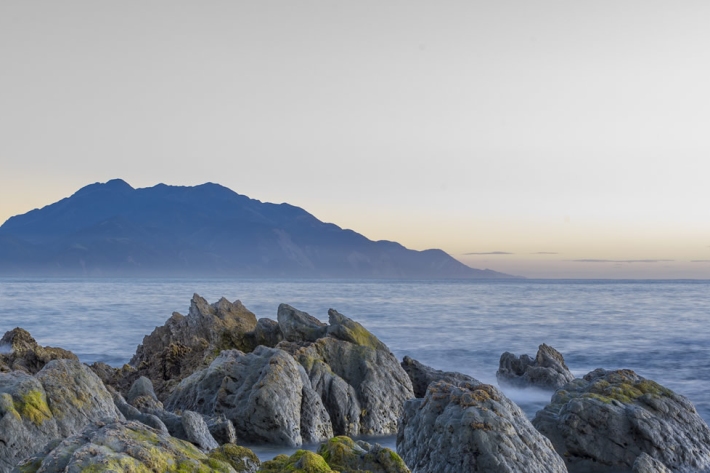
Tides
Research ProjectOn this page, you can find information about tide forecasts, sea-level network, tidal model of New Zealand's EEZ, and red-alert days for coastal flooding. -
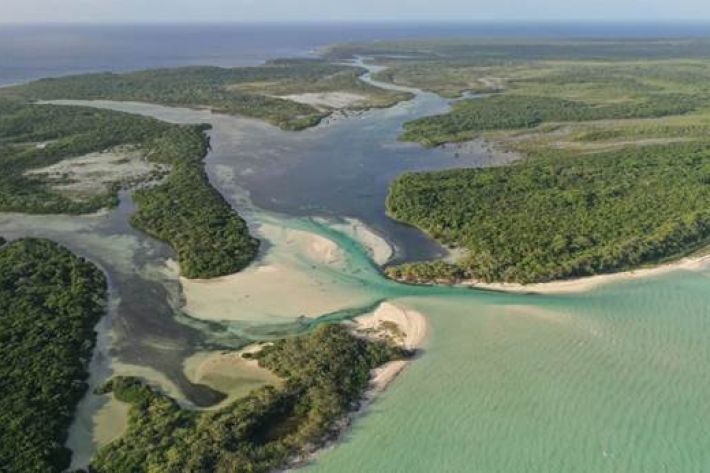
Pacific atoll mangrove forests losing ground to sea-level rise
Research ProjectMangrove systems on oceanic atolls may lose the race to keep pace with sea-level rise. -
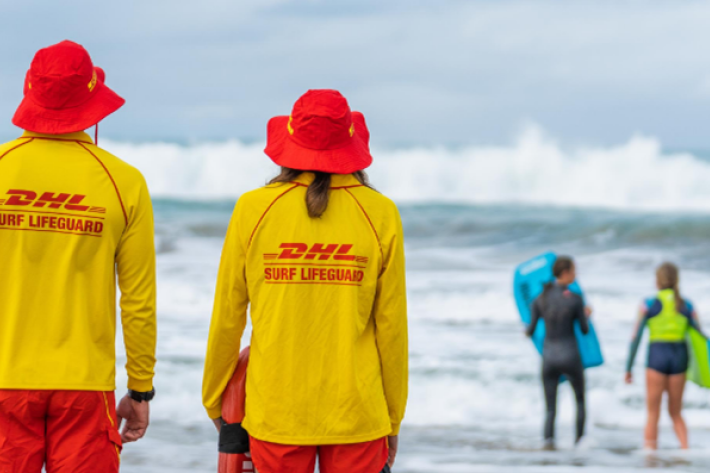
Identifying rip currents using artificial intelligence
Research ProjectNIWA and Surf Life Saving New Zealand are working together to develop a state-of-the-art, rip current identification tool. -

Tsunami generated by underwater volcanoes
Research ProjectMarsden-funded research investigating how erupting volcanoes can cause deadly and damaging tsunamis. -

NIWA’s Estuarine Trophic Index
Research ProjectConstructed wetlands, detention bunds, woodchip denitrification filters and planted riparian buffers are examples of a growing suite of edge-of-field and farm-scale mitigation systems that are being trialled across rural New Zealand to reduce the impact of diffuse pollution on freshwater quality -
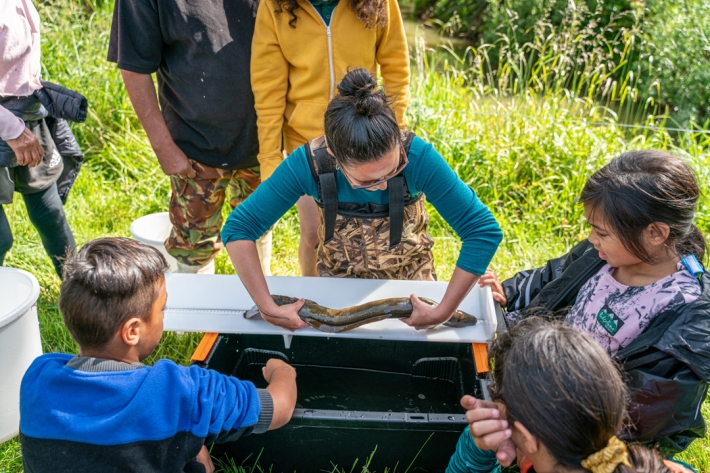
Maniapoto Cultural Assessment Framework
Research ProjectTe Nehenehenui (previously Maniapoto Māori Trust board) and NIWA are working collaboratively to support Ngāti Maniapoto whānau to reconnect with and participate in the assessment of their freshwater according to their values. -
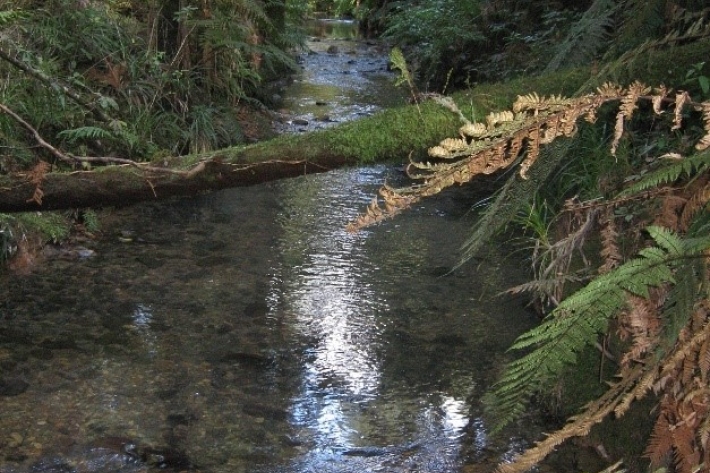
The Whatawhata Integrated Catchment Management Project
Research ProjectThe Whatawhata Integrated Catchment Management (ICM) Project is the longest continuously monitored before-after-control-impact (BACI) catchment-scale study in New Zealand. -
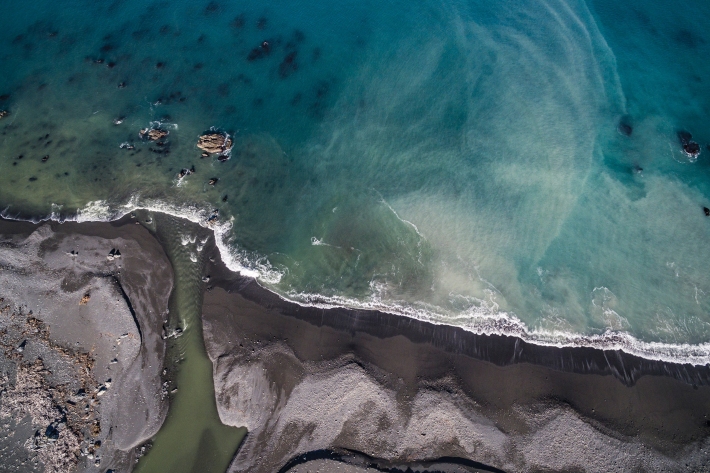
Suspended sediment dynamics in New Zealand Rivers
Research ProjectImpacts of catchment characteristics on the timing of sediment delivery during runoff events. -
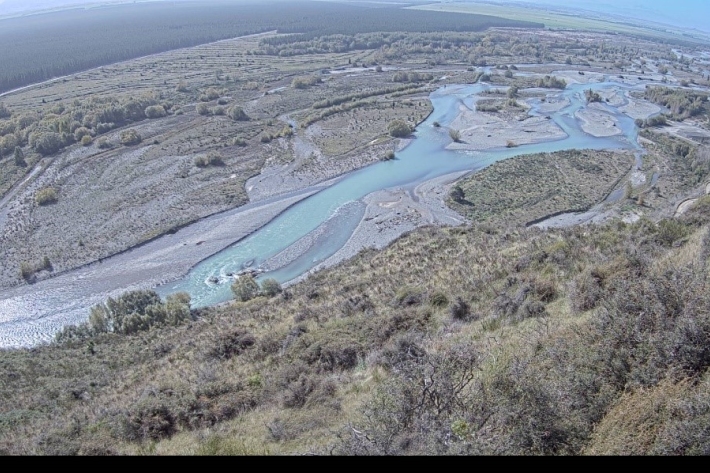
Braided river morphodynamics and invasive exotic vegetation
Research ProjectBraided rivers are an arena where woody weeds and floods are in constant competition with each other.
Braided rivers naturally flood frequently, repeatedly mobilising their bed sediments and shifting their multiple channels. -
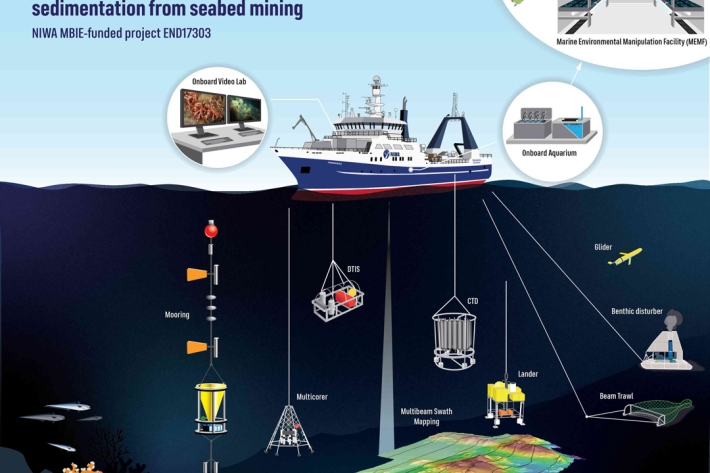
Sedimentation effects
Research ProjectThis programme looks at the impacts of sediment plumes created by disturbance to the seafloor and the discharge of processed waters.

